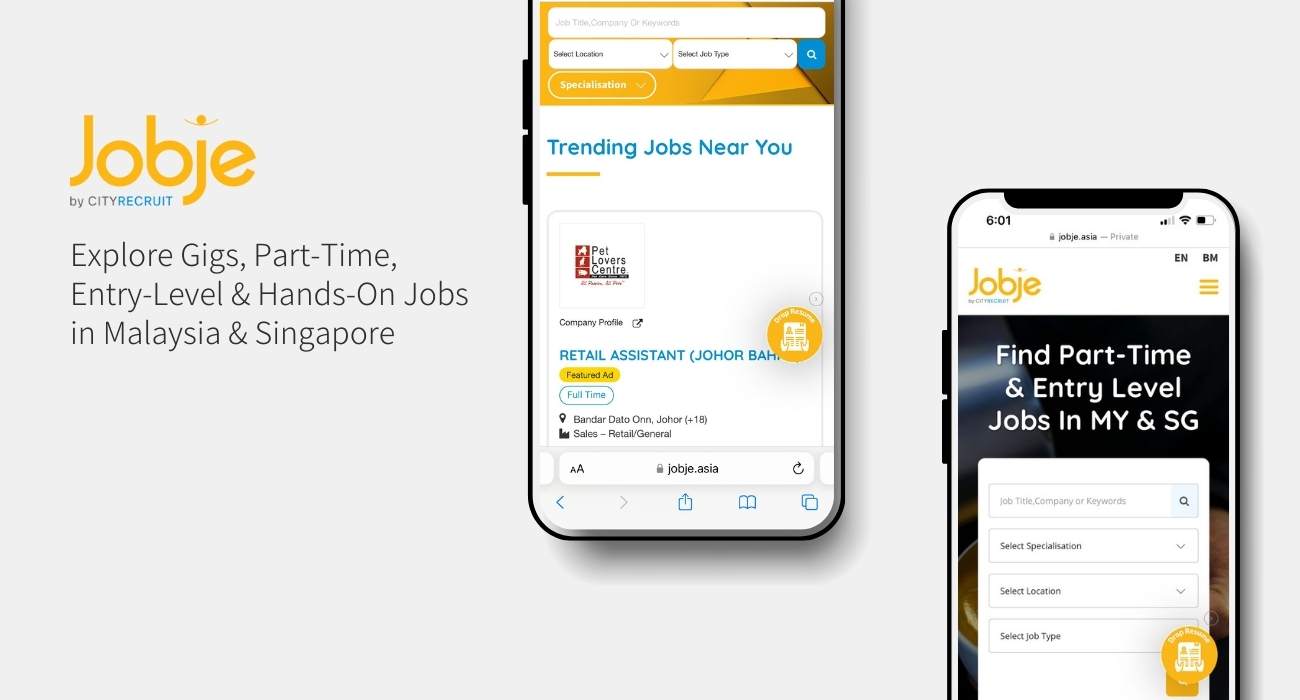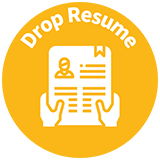- March 27, 2025
- Posted by: jobje_usr
- Category: All, Blog, Market Trends, Tips & Guides

Gone are the days when staying in the same office for years and working overtime guaranteed career success. In 2025, career growth is about adaptability, continuous learning, and mastering high-income skills that set you apart in the competitive job market. For fresh graduates and entry-level job seekers in Malaysia, acquiring the right skills can accelerate career advancement and unlock better-paying opportunities.
It doesn’t matter if you work in tech, marketing, finance, consulting, design, or any other industry. It doesn’t even matter whether you work in a management role or not, or what your specific job title is. Gaining these skills will give you an edge in the job market and even open doors to opportunities to make a career pivot if necessary.
This guide explores essential high-income skills that can help you climb the career ladder faster and provides actionable steps to start developing them today.
Why High-Income Skills Matter
In Malaysia’s evolving job market, employers prioritize candidates who bring valuable, revenue-generating skills to the table. High-income skills make you more employable, increase your earning potential, and provide greater job security. Instead of waiting years for a promotion, the right skills can help you advance based on merit and expertise rather than tenure.
Top 15 High-Income Skills for Career Growth
1. Digital Marketing & Social Media Management
- With businesses shifting online, digital marketing is one of the most in-demand skills in Malaysia. Companies seek professionals who can manage social media, create engaging content, and run ad campaigns to drive revenue. Performance marketing, SEO, and influencer marketing are particularly valuable areas to explore.
2. Coding & Software Development
- The tech industry in Malaysia continues to grow, with demand for web developers, app developers, and software engineers rising. Python, JavaScript, and SQL are among the most sought-after programming languages. Even if you’re not aiming for a tech career, basic coding skills can give you an edge in various industries.
3. Sales & Negotiation
- Sales professionals are highly valued because they generate revenue for businesses. Whether you work in retail, corporate sales, or entrepreneurship, mastering negotiation skills can significantly boost your earning potential. The ability to persuade and close deals is an asset across multiple industries.
4. Project Management
- Project management is essential in various industries, from construction to IT and marketing. Employers look for individuals who can plan, execute, and oversee projects efficiently while managing resources and deadlines effectively. Certifications like PMP (Project Management Professional) can add credibility to your resume.
5. Financial Literacy & Data Analysis
- Understanding financial concepts and analyzing data can help you make better decisions at work and in personal finance. Companies value employees who can interpret data to improve operations and profitability. Excel, Power BI, and SQL skills can make a difference in financial roles.
6. Artificial Intelligence & Machine Learning
- AI and ML are revolutionizing industries from finance to healthcare. Learning how to use AI-powered tools can future-proof your career. AI-driven automation and data science skills are in high demand, particularly in fintech, logistics, and digital marketing.
7. Copywriting & Content Creation
- Businesses need compelling content to attract customers. Strong writing skills can help you land freelance gigs or full-time marketing roles. Copywriters who understand conversion optimization and email marketing are especially valuable.
8. Cybersecurity
- With the rise in digital threats, companies need cybersecurity professionals to protect sensitive information. Cybersecurity specialists are among the highest-paid IT professionals. Ethical hacking, cloud security, and risk assessment are key areas to focus on.
9. Public Speaking & Communication
- Effective communication is essential for leadership roles. Learning how to present ideas clearly can set you apart in the workplace. Strong verbal and written communication skills improve your ability to collaborate, influence, and inspire teams.
10. Graphic Design & UI/UX Design
- With businesses investing in branding and user-friendly websites, graphic designers and UI/UX specialists are in high demand. Mastering tools like Adobe Creative Suite, Figma, and Canva can enhance your employability in the creative industry.
11. Cloud Computing & IT Infrastructure
- As businesses move their operations online, cloud computing skills are becoming critical. Expertise in platforms like AWS, Google Cloud, and Microsoft Azure can open doors to high-paying IT roles.
12. Business Analysis & Strategic Thinking
- Companies need professionals who can analyze market trends, assess business risks, and make strategic decisions. Learning how to identify opportunities and solve business problems can position you for leadership roles.
13. Video Editing & Multimedia Production
- With video content dominating digital marketing, skills in video editing, motion graphics, and animation are in high demand. Tools like Adobe Premiere Pro and Final Cut Pro can help you create professional-grade content.
14. Foreign Language Proficiency
- Speaking multiple languages, especially Mandarin, Japanese, or German, can give you a competitive edge in international business. Many companies prefer multilingual employees for roles that involve cross-border communication.
15. Leadership & Emotional Intelligence
- Employers value individuals who can lead teams effectively. Emotional intelligence, problem-solving, and decision-making are crucial for career advancement.
How to Develop These Skills While Working a Job
If you already have a job or internship, balancing skill development with work can be challenging. Here’s how you can upskill effectively:
- Set learning goals – Identify two or three skills that align with your career aspirations and focus on them.
- Allocate 30 minutes daily to learning a new skill through online courses or reading industry articles.
- Apply what you learn in your current role (e.g., offering to manage social media for your department or automating tasks using Excel macros).
- Join online communities – Engage with industry professionals on LinkedIn or in relevant Facebook groups.
- Find a mentor – Seek guidance from someone experienced in your field.
- Build a portfolio – Showcase your work, whether it’s coding projects, graphic designs, or marketing campaigns.
The Future of Work in Malaysia: Staying Competitive
Employers increasingly value employees who are proactive about upskilling. The Malaysian government also promotes lifelong learning through initiatives like e-LATiH and HRD Corp training programs. Staying ahead means continuously adapting to industry shifts and acquiring skills that make you indispensable.
With Malaysia’s economy projected to grow steadily in 2025, industries such as technology, finance, and digital marketing will continue expanding. Having the right skill set ensures you remain competitive in an evolving job market.
Conclusion
For entry-level job seekers in Malaysia, having high-income skills can mean the difference between a slow career progression and rapid advancement. Whether it’s digital marketing, coding, sales, project management, or financial literacy, investing in skill-building today will pay off in the long run.
Start small, stay consistent, and take charge of your career growth. Your future self will thank you!
Want more career tips? Visit JobJe for job opportunities and career advice tailored for Malaysian job seekers!


